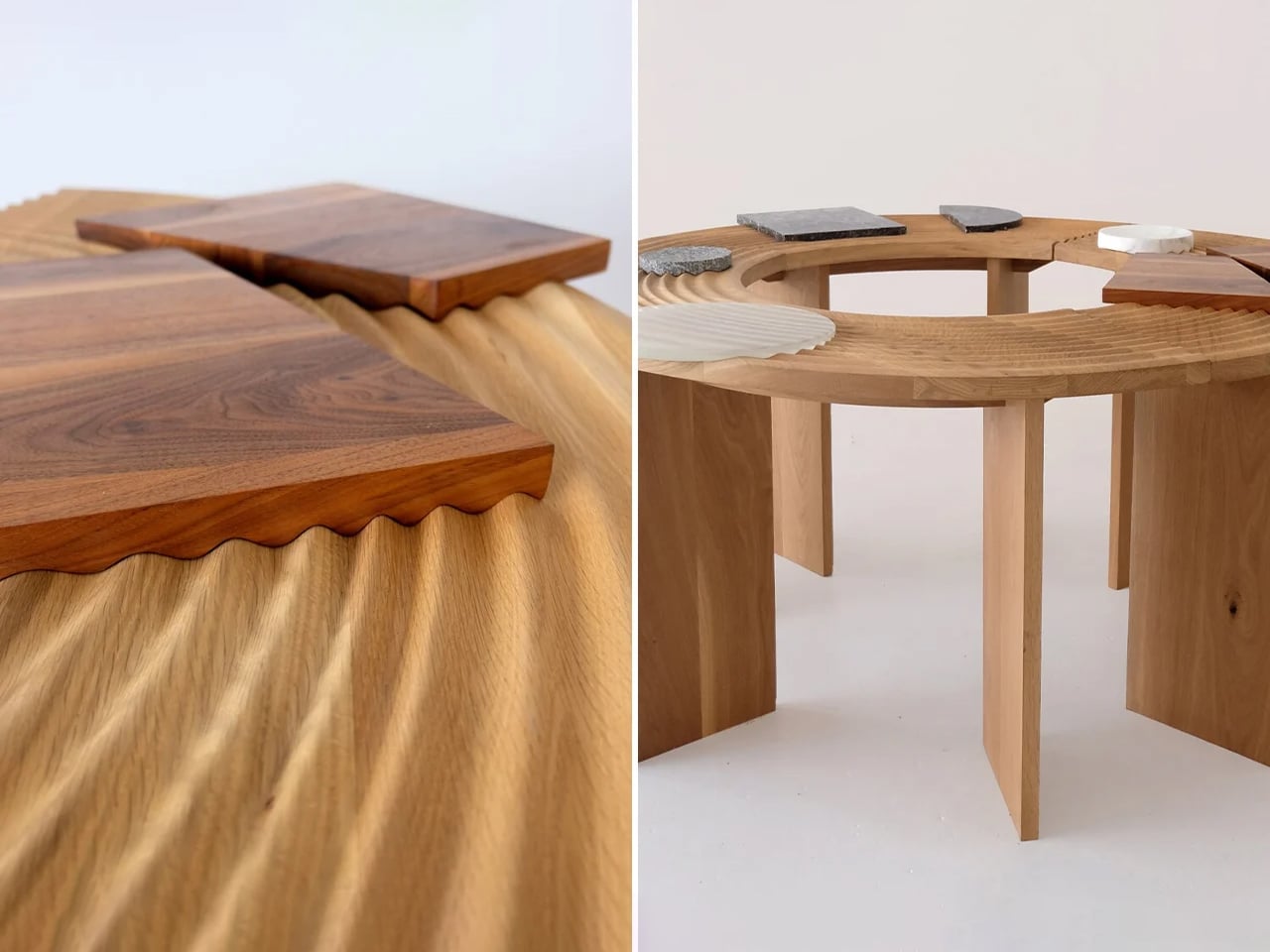
"Zen aesthetics, rooted in Zen Buddhist principles, emphasizes simplicity and natural beauty, advocating for less as a means to achieve tranquility and harmony."
"Minimalist design aligns closely with Zen aesthetics, as both prioritize essential elements, muted colors, and the inherent beauty of form, creating distraction-free environments."
"The principles of Zen aesthetics enrich minimalist design by introducing balance and mindfulness, transforming functional objects into reflections of inner peace and harmony."
"Asymmetry and naturalness are vital to Zen aesthetics, enabling a deeper connection to objects, inviting serenity, and fostering contemplation in design."
Zen aesthetics is rooted in Zen Buddhist principles, focused on simplicity, natural beauty, and tranquility. Originating from China and Japan, it emphasizes eliminating excess and fostering harmony, aligning with minimalist design's ethos of 'less is more.' Zen design prioritizes the essence and purity of nature, promoting calmness and appreciation in life and design. This aesthetic finds synergy with minimalist design by stripping away distractions to highlight form and material beauty, introducing concepts like balance and mindfulness to create a deeper user-object connection that resonates with serenity and contemplation.
Read at Yanko Design - Modern Industrial Design News
Unable to calculate read time
Collection
[
|
...
]